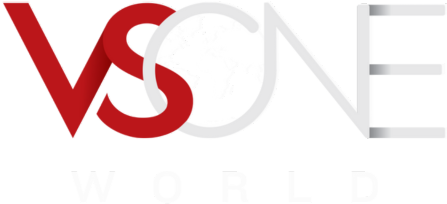
In this year of pandemic many governments across the world were criticized for the way they managed Covid-19 related data. Most governments were accused of hiding and manipulating data related to Covid-19 deaths, hospitalizations, vaccinations. This created doubt and people have lost their trust in their governments.
In one example, a data scientist from the state of Florida was fired for exposing accurate covid data and her home was raided. In India there are accusations that actual data is not recorded.
Bernard Marr, bestselling author of “Big Data in Practice” defines data democratisation as “everybody having access to data and there are no gatekeepers that create a bottleneck at the gateway to the data. The goal is to have anybody use data at any time to make decisions with no barriers to access or understanding”
In this era of information where data is the new oil, non-availability of data related to the pandemic is a major barrier for battling the pandemic. The plea by the Indian group of scientists sums up the impact of not having access to the proper data.
“We have been trying to find explanations for the low number of deaths in India since last year. When we do not even have access to reporting of death by age, gender, and location, how do we construct a hypothesis or design a study?”
This sums up an universal problem of data governance. Most organizations have important data present in their organizations. However they are often not collected, cleansed and shared.
Tableau has an interesting model which illustrates a holistic data governance strategy. This is a part of the Tableau blueprint for data. This summarizes the data lifecycle by identify the sources of data
Governments can start by creating transactional systems for the front line staff to capture and report data. These data could be obtained from multiple sources including field testing, laboratories, hospitals, vaccination centers, community health officials.
Then this data could be cleansed by removing duplicates and further enriched by adding other data elements. The personally identifiable information could be removed prior to sharing this information. Then the data could be shared people in the form of open data sets or as self service dashboards. Then the community including the domain specialists and data scientists can derive important insights from the data.
This might help to save life by making informed decisions. For instance governments could identify potential hotspots and isolate them, identify the growing demand for resources such as medicine and the hospital beds.
Also we should keep that this analogy is also applicable for corporates alike. If a proper data strategy is not adopted, they might also lose competitive advantages and would become too late to respond to issues. We can help you in the process by creating a data discovery workshop which would help to set up a holistic data governance model.
Sources
As Covid-19 Devastates India, Deaths Go Undercounted – The New York Times (nytimes.com)
Rebekah Jones raid: Fired COVID data scientist talks data manipulation, raid on her home (msn.com)




Add a Comment